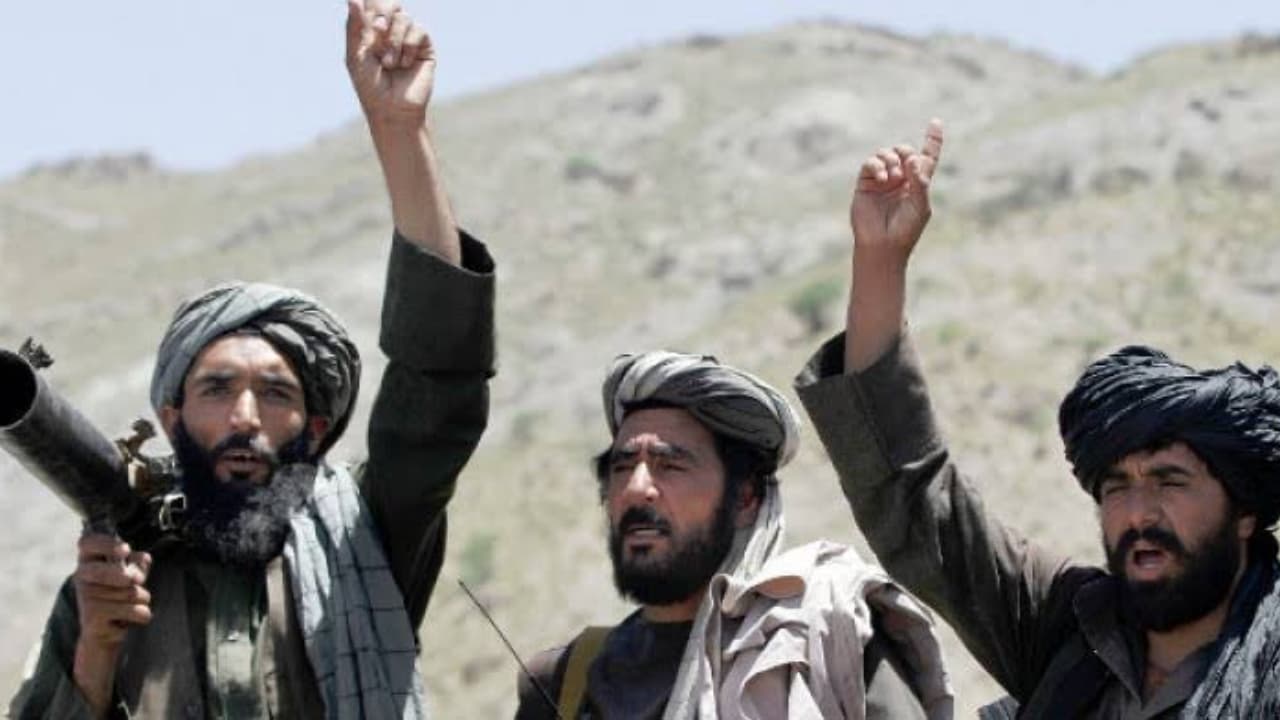The people of Balochistan are revolting to separate from Pakistan. The strict efforts made by the Government of Pakistan to crush the rebellion, the separatism has increased further.
Balochistan rebellion: On August 26 last year, more than 70 people died in a series of attacks on Balochistan’s highways on the anniversary of the murder of Nawab Akbar Bugti. This date has a deep political significance for many people of Balochistan. In 2006, Bugti died in a military operation on the orders of the then President Pervez Musharraf. Bugti was then established as a powerful symbol of Baloch resistance.
The story of Balochistan is repeatedly made by the Pakistani state to establish control and repeated resistance by local groups that feel isolated from power. From the merger of Kalat in 1948 to the 1950 Forest-Unit Policy and a large-scale campaign of the 1970s, the province has undergone constant rebellion and repressive actions. Each stage has left deep marks. This has strengthened the sense of distance between the Baloch communities and the Islamabad government.
Recent figures show how this cycle continues. According to the Balochistan Human Rights Council report, 830 people were forcibly disappeared in 2024. 480 people were killed. The largest number of missing people was students. Incidents of disappearance increase after the rebels are attacked. This indicates that according to the law of Pakistan, the people of Balochistan are being given collective punishment instead of action. Pakistan’s official forcibly missing Inquiry Commission has registered more than 10,000 cases since 2011. At the same time, human rights groups say that these numbers reduce the scale of the case.
Challenge for Pakistan is not just security
Rebel groups like Balochistan Liberation Army have attacked China-backed projects under the government infrastructure and China-Pakistan Economic Corridor. In response, the security campaign has become even more rigid. However, human rights experts argue that this strict attitude has deepened rather than reducing separatism.
International investigation became limited
In 2010, Pakistan talked about supporting international rules on civil and political rights. However, he has not signed the United Nations Convention on forcibly missing. The United Nations Working Group still cites Pakistan in its reports on forcible disappearance. Amnesty International and Human Rights Watch have criticized Islamabad for failing to end this practice.
The continuation of the rebellion indicates a deep issue. Decades of political margins and economic exploitation have created such complaints. It cannot be erased by disappearing and using force. Every protest, missing student and Bugati’s anniversary shows that Balochistan’s crisis is the result of policy, not coincidence.
